The Leather Impact Accelerator supports the supply chain to overcome its core challenges.
The Leather Impact Accelerator is a set of tools that help the industry address the core challenges it faces around leather production, from farm to finished product. Broadly speaking, it establishes minimum social, environmental, and animal welfare requirements in the leather supply chain, incentivizes farmers and leather producers to meet them, gives brands a way to reward those that do, and encourages transparency along the way.
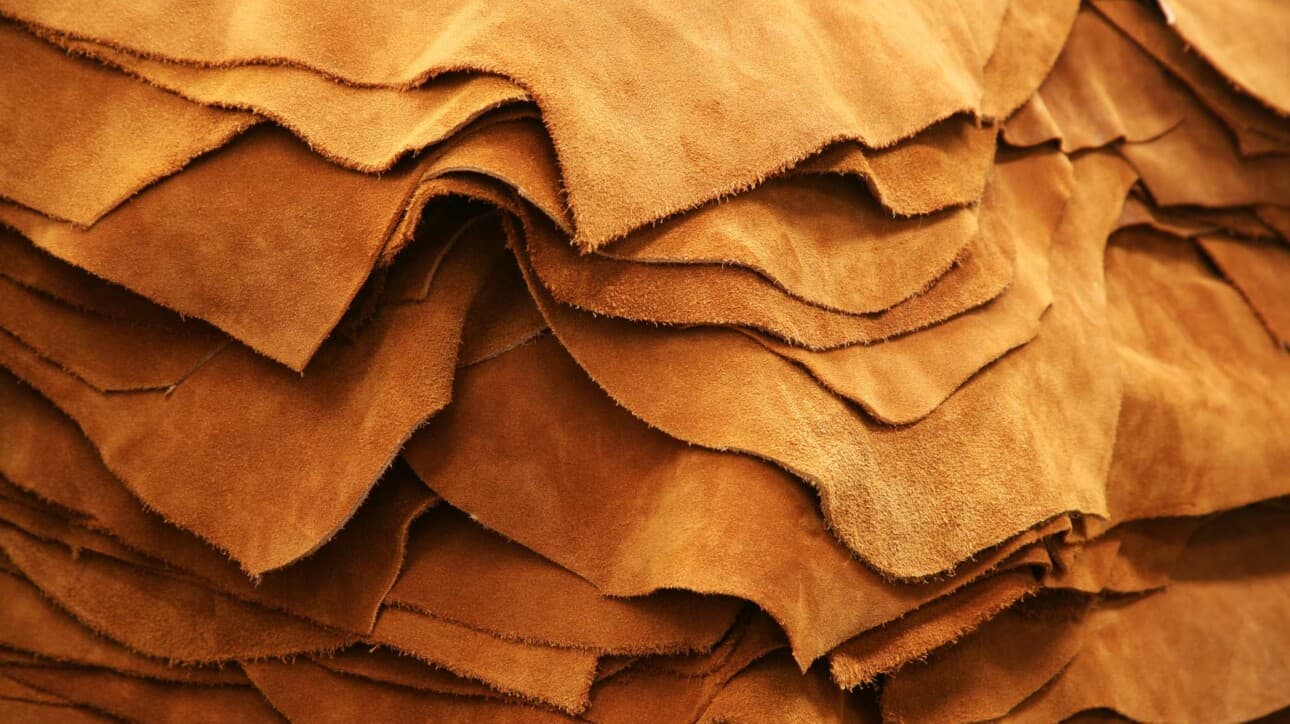
CHALLENGES
The leather supply chain is long and complex.
One of the biggest challenges in the leather supply chain is the lack of transparency. Many brands don’t know where their leather comes from, which means that they can’t impact suppliers and farmers. At the same time, suppliers and farmers don’t know about the expectations that brands and retailers might have. Standards help provide a positive proof point, but with multiple options, it’s hard for all parties to know which one to choose.
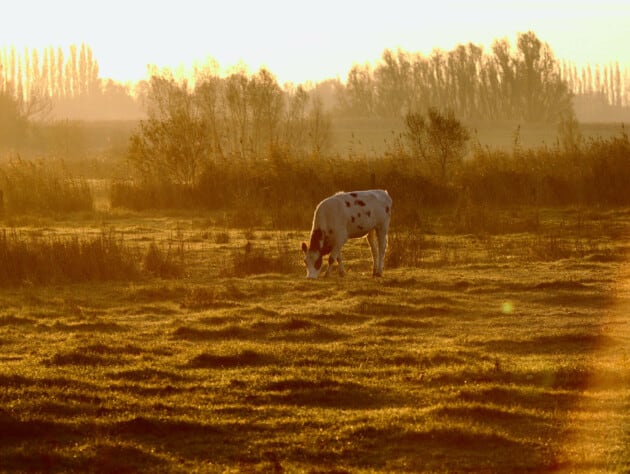
SOLUTIONS
We’re creating alignment on best practices and recognizing those who meet them.
The Leather Impact Accelerator uses benchmarking and protocols to establish a set of minimum requirements for farms and suppliers to meet. It then gives brands a tool to bypass complex supply chains and financially reward those doing things right, while working to build transparency.
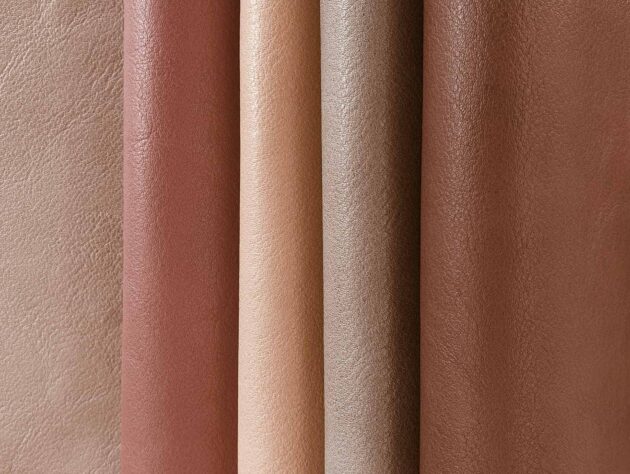
HOW IT WORKS
Benchmarking existing standards
Since the industry already has a number of different standards for leather, we’ve taken a benchmarking approach that sets minimum criteria that these standards must guarantee for certified farms and facilities to be Leather Impact Accelerator approved. We assess environmental, social, and animal welfare criteria, as well as traceability programs and verification.
Deforestation/Conversion-Free protocol
To be Leather Impact Accelerator approved, our Deforestation/Conversion-Free (DCF) protocol requires farms to have third-party verification of zero-gross deforestation or conversion. It aligns with the Accountability Framework definitions, targets, and verification requirements.
Impact Incentives
Impact Incentives give brands and retailers a tool to financially reward Leather Impact Accelerator approved farms. Approved farms can sell Impact Incentives, and brands can buy them. This means that while brands are still working to map their own supply chain, they can start moving the industry forward.
Leather Supply Chain Mapping and Traceability Guidelines
One of the goals of the Leather Impact Accelerator is to build traceability into the leather supply chain so that brands can eventually source fully responsible leather products. That’s why we’ve developed guidelines to build traceability into the supply network. We’ve got farm-level guidelines, and we’re developing production-level ones too.
LIA Claims Guide
The claims guide helps stakeholders to make accurate claims when communicating about their work with the Leather Impact Accelerator. It defines a clear guide for farmers and companies to follow when making claims about their commitments, support, and participation.
Get involved
Everyone along the supply chain can take part.
In order to become Leather Impact Accelerator approved, a farm has to be certified to a standard approved to the Animal Welfare Standards Benchmark and/or be verified to the DCF Protocol. The farm must also participate in a live animal traceability system that tracks the purchase and sale of individual cattle.
Leather production supply chain facilities can become Leather Impact Accelerator approved by being certified to standards that meet both its environmental and social benchmarks. Supply chain members are also required to take part in a hide traceability system.
Brands and retailers can source directly from Leather Impact Accelerator approved suppliers or farms, buy Impact Incentives, or participate in the Corporate Commitment to map their supply chains. When promoting their work, brands and retailers should use the Claims Guide.
Schemes can apply to have their standard’s criteria benchmarked against the applicable Leather Impact Accelerator benchmark for either animal welfare or leather production.
Partner programs are on-the-ground projects or initiatives that help farms to improve their practices by supporting them in meeting the DCF Protocol and/or the Animal Welfare Standards Benchmark. Partner programs can join Impact Partnerships with brands and sell Impact Incentives to support their work helping farmers get Leather Impact Accelerator approved.
Third-party verifiers confirm that the criteria for the Deforestation/Conversion-Free (DCF) Protocol are met. They’re also responsible for verifying the required Farm Questions, confirming the traceability system used, and registering qualifying Impact Incentives on the Incentive Trading Platform.
DEVELOPMENT
Leather Impact Accelerator V1.0 launched in 2023.
The Leather Impact Accelerator was launched in January 2021 under version 0.1 in its pilot phase. This gave us a chance to test out tools, program requirements, procedures, processes, and deliverables.
In May 2022, we had our first public consultation period where we collected open feedback on the LIA documents included in the revision scope. This revision process was in close collaboration with the LIA International Working Group, made up of NGOs, standard owners, brands, and representatives of the leather and cattle industries, who shared their knowledge and experience to ensure that LIA revisions were all relevant and aligned with our Climate+ goals.
The LIA revision process was based on Textile Exchange’s standards revision process, however, as LIA is not a standard, some areas were simplified. The process included two public consultation periods, one on the LIA 0.1 tools and another on the revised LIA 1.0 drafts.
For an overview of the comments received during the public stakeholder review, read the LIA 1.0 Consultation Feedback Summary.
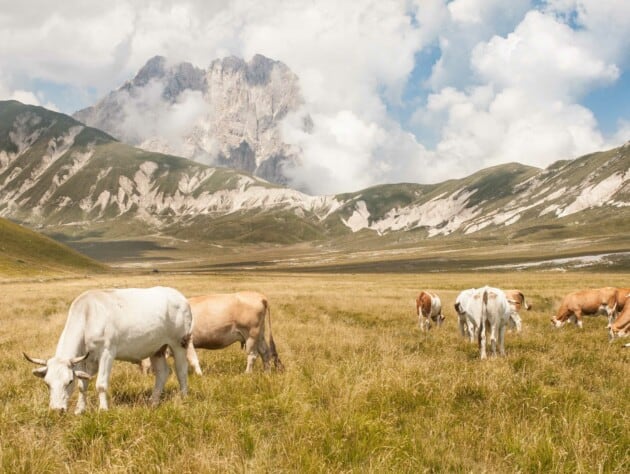
FAQs
Find the answers to common questions about the Leather Impact Accelerator.
If you have a question not answered here, get in touch with us directly, and we’ll be happy to answer it for you.
How does LIA Align with Textile Exchange’s 2030 Climate+ Strategy?
Climate+ sets a direction for urgent climate action with a goal of 45% reduced greenhouse gas emissions from fiber and raw material production by 2030. Forests are one of the world’s best carbon stores and deforestation accelerates climate change. Cattle ranching is linked to agricultural expansion in some of the most important biomes on this planet. LIA addresses deforestation through its DCF Protocol, which enables farmers and farm groups to sell Impact Incentives to brands and be financially rewarded for their commitment to preserving the land. As LIA evolves, our aim is to add more scopes that will work towards meeting our Climate+ goals.
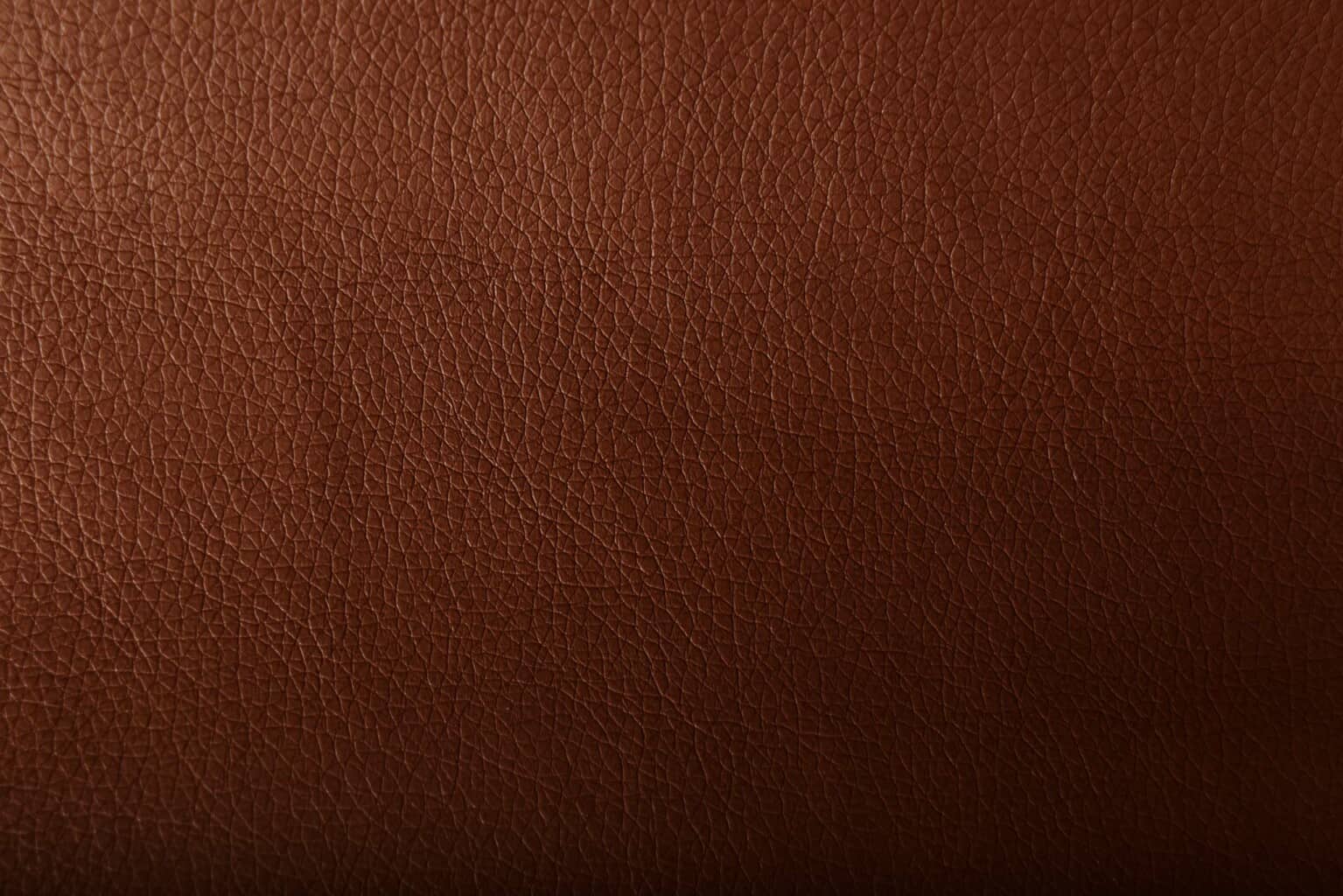
Learn more about leather
Read about the sustainability challenges that come with leather production, the opportunities to overcome them, and the steps you can start taking to reduce your impact.